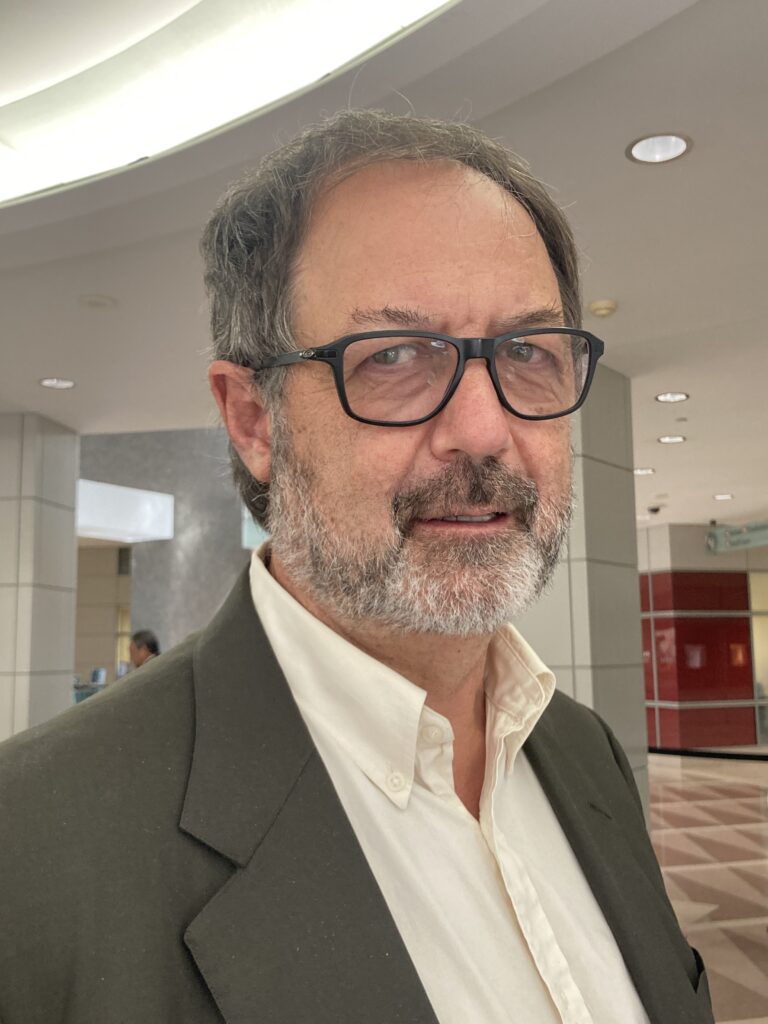
- This event has passed.
Tools for Nonfiction Narrative Writing
$445
Learn the craft of narrative writing. Participants will learn to write perceptively – deploying their five senses and delving into feelings as they write. They will learn how to leverage narrative distance, writing between their ideas and the immediacy of their experiences to see how distance can affect the emotional weight of the work. They will learn how to use metaphors as a means of discovery, to harness verbs, and to modify sentences for focus and impact. After gaining familiarity with these writing tools, they will apply them to writing essays for in-class workshops. Reviewing one another’s work, participants will learn how to offer constructive and sensitive critiques of their creative work.
The course structure includes short lectures and readings that will highlight specific concepts in writing. Students will read essays, short stories, and poems by writers including Dillard, Lopez, Morrison, Hemingway, Fitzgerald, Beard, and Nieson.
The class will also write from prompts and share their work aloud. Workshops will provide a safe and encouraging environment for peers to critique original essays written by classmates describing and reflecting upon an experience they would like to share.
Topics to be covered:
1. Narrative distance
2. Writing observations
3. Reflection
4. Point of view
5. Use of metaphor
6. Sentence clarity
7. Syntax
8. Essay development and Narrative Arc
Access Program
We want our writing classes and seminars to be accessible to everyone, regardless of income and background. We understand that our tuition structure can present obstacles for some people. Our Access Program offers writing class and seminar tuitions at a reduced rate. Most writing classes have at least one access spot available.
Please apply here for access rate tuition. Contact Susan Moore at susan@literary-arts.org if you have questions.
Liaison position
Every in-person class and seminar at Literary Arts has one liaison position. Liaisons perform specific duties for each class meeting. If you are a liaison for a class or seminar, the full amount of your tuition is covered by Literary Arts.

Garet Lahvis
Garet Lahvis is a neuroscientist who has conducted academic research for over 40 years and published more than 45 scientific papers. After discovering that mice derive pleasure from living with other mice and can also feel their pain, Garet left animal research – feeling that if he took his work seriously, he would need to leave it.
His public-facing work often addresses what he believes is a growing divide between what society expects of science and what scientists can provide. Much of his work reveals the scientific and emotional realities of animal research, blending scientific insights with literary craft to render complex ethical and scientific questions accessible and compelling to a wide readership.
His work has appeared in December, eLife, Aeon, and Vox Magazines. His essay, “NQR,” was awarded the Curt Johnson Prose Award from December magazine in 2014. Two of his essays were nominated for Pushcart Prizes. In 2020, Garet was awarded an Oregon Literary Fellowship. Garet is now writing a book for the University of Chicago Press that argues biomedical research needs to acknowledge the rational and emotional experiences of nonhuman animals – for the welfare of science and human health. Having studied creative writing at the University of Iowa, Stanford University, Marylhurst University, and Literary Arts, he attempts to bring the best of what he learned from each one to his courses on narrative writing.

